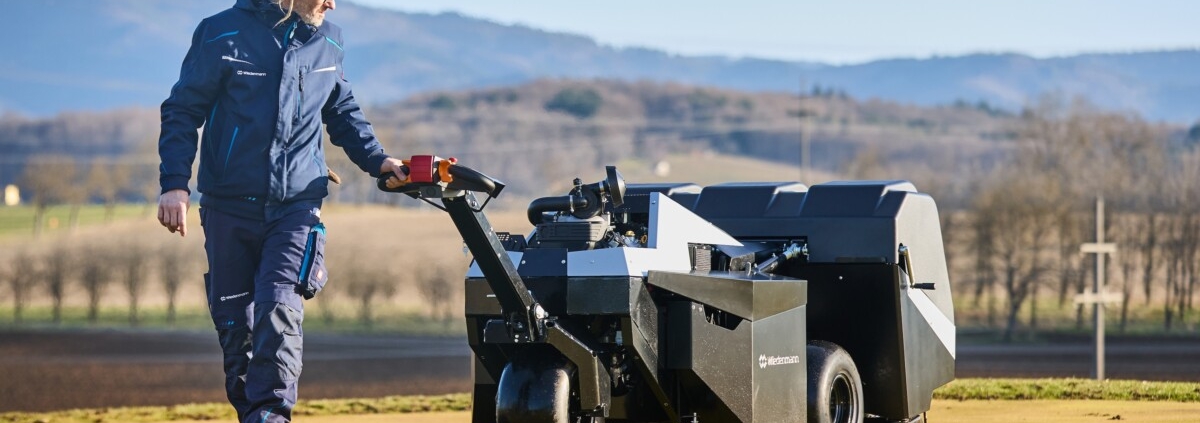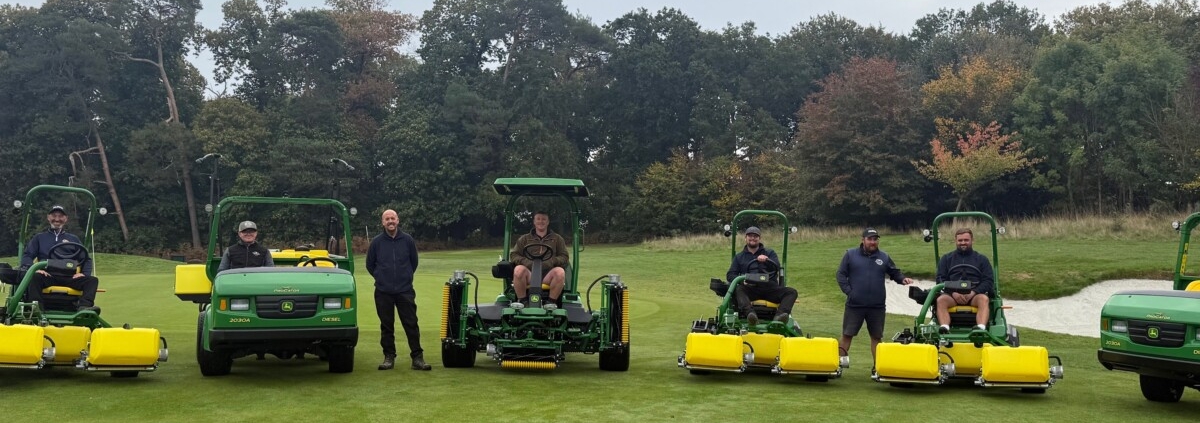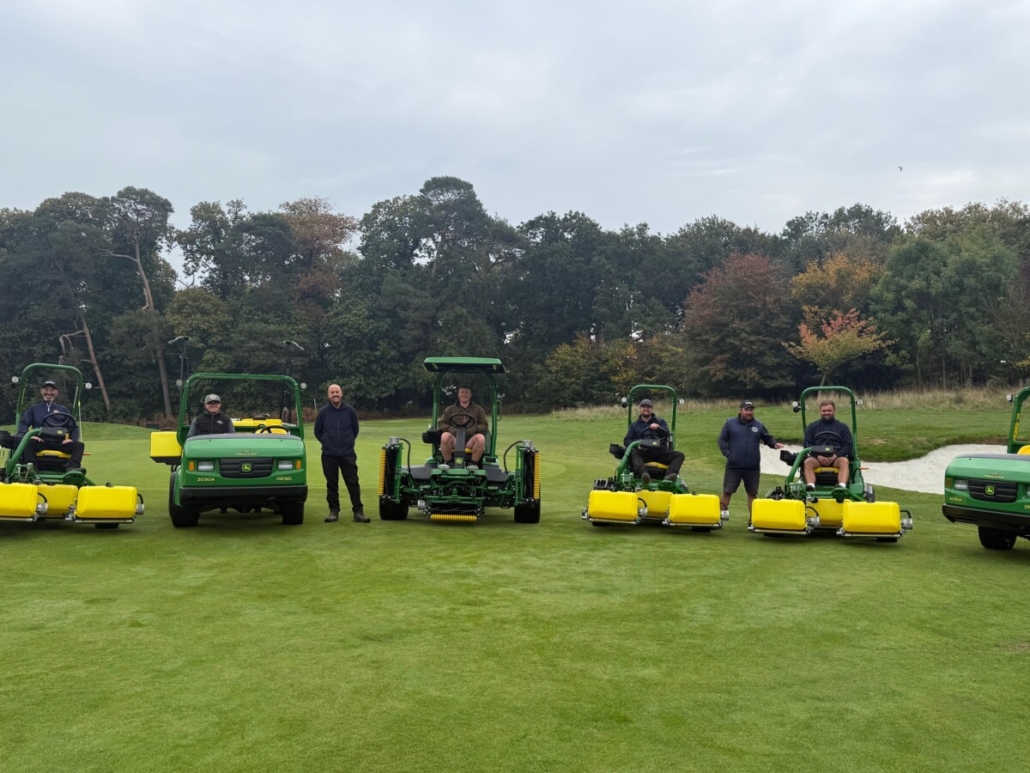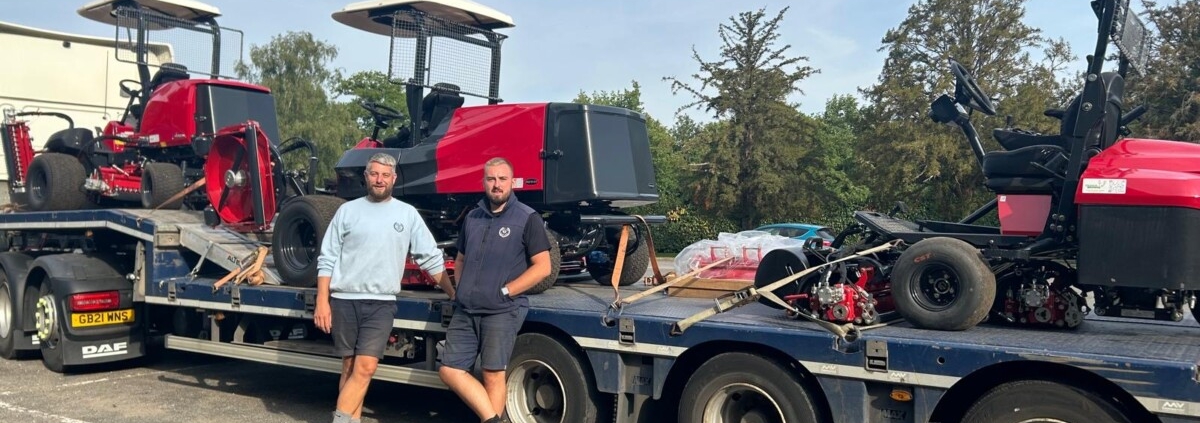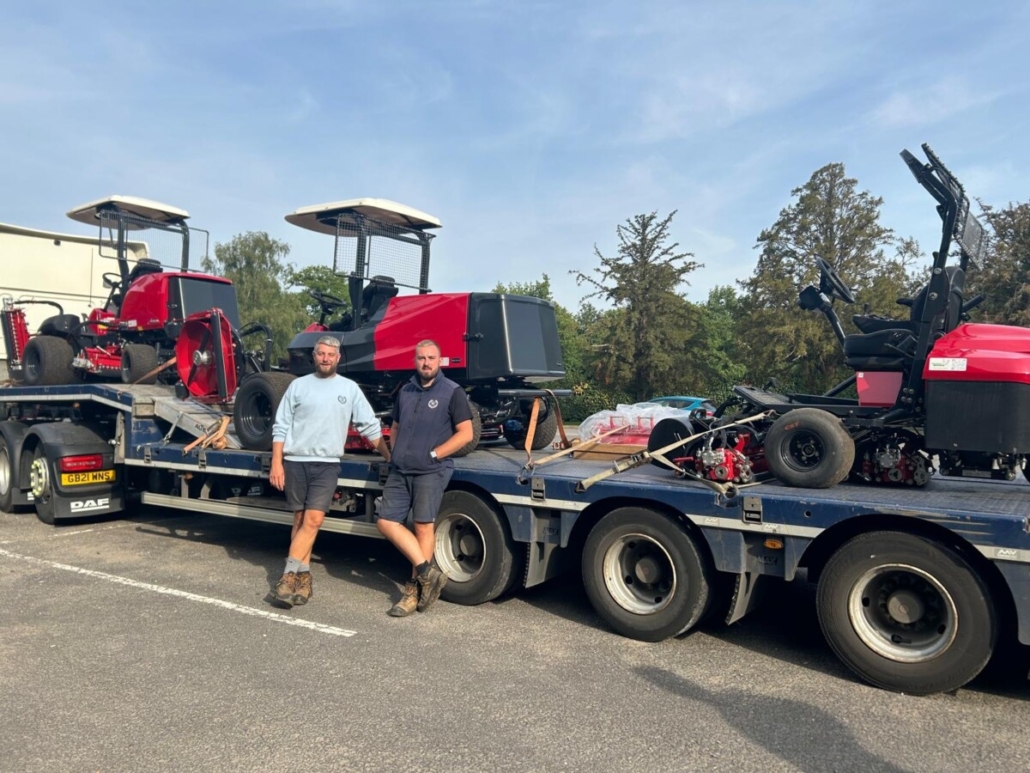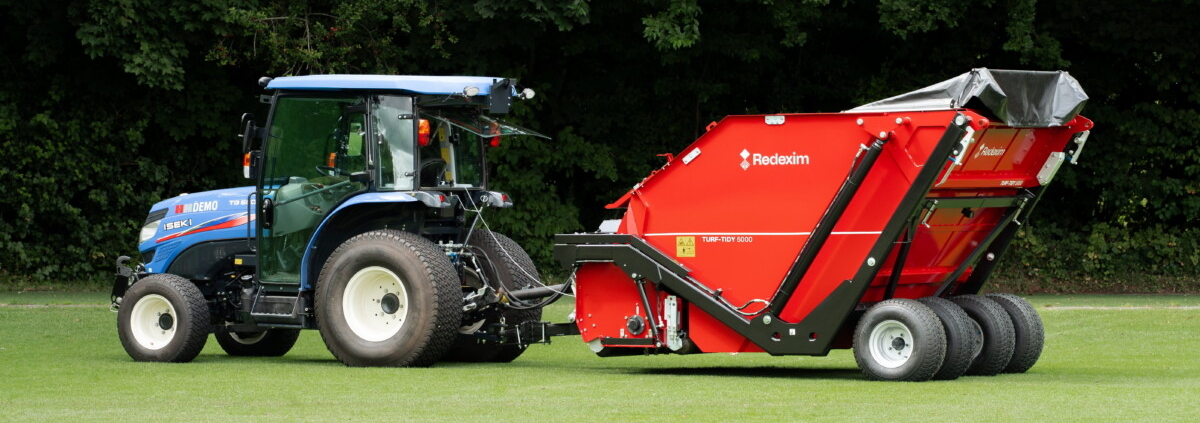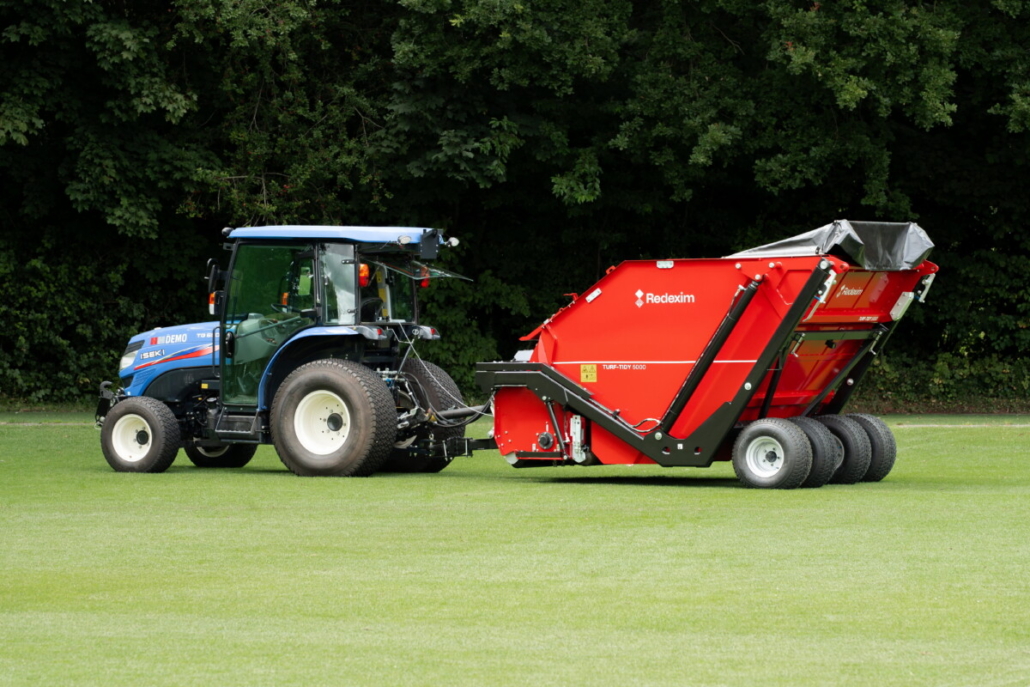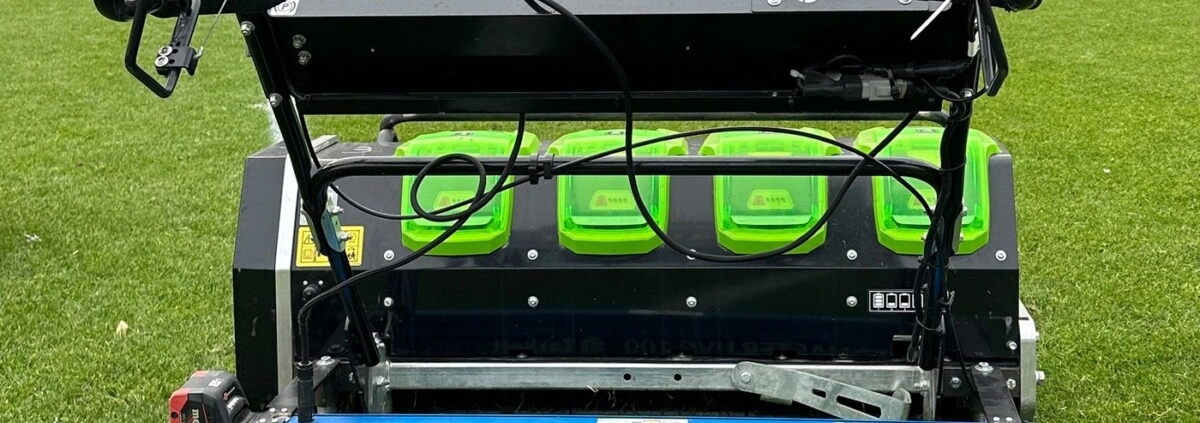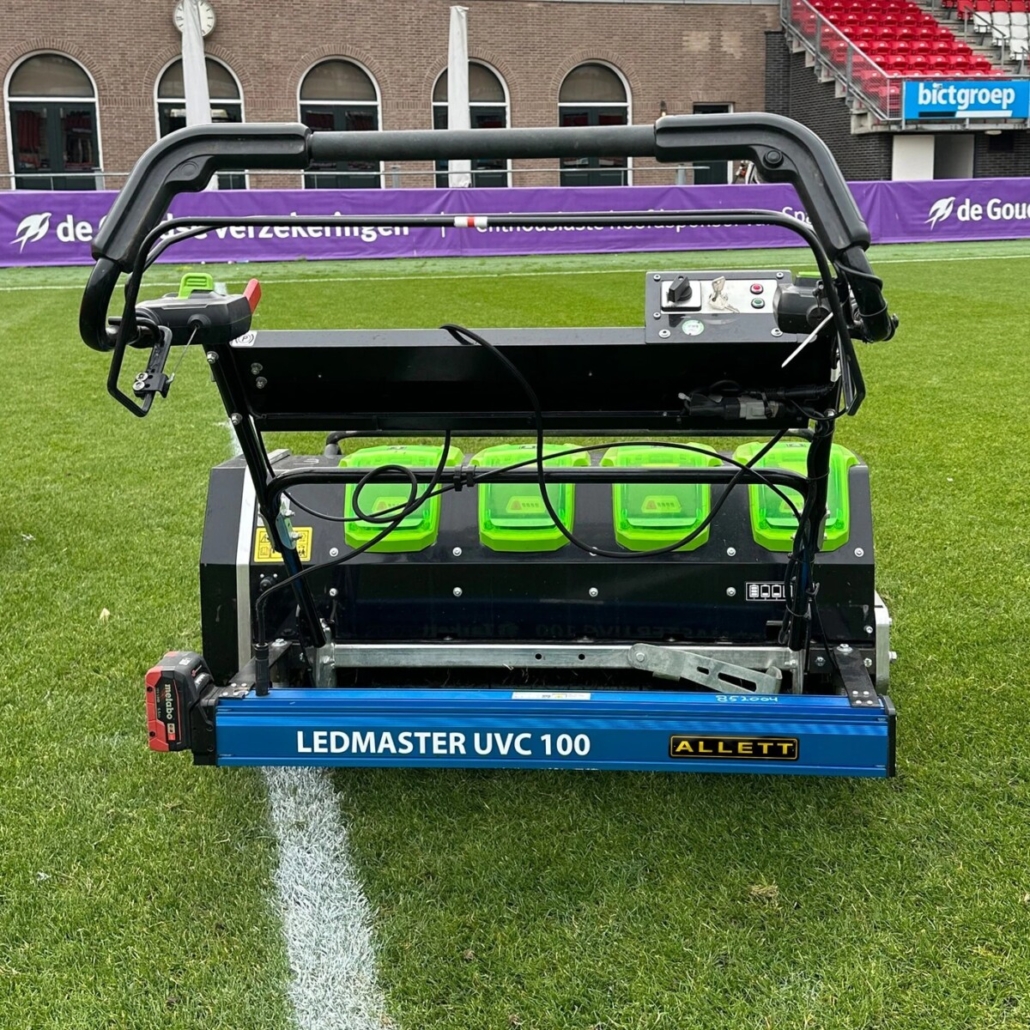Wiedenmann unveils TERRA CORE M6
Wiedenmann unveils TERRA CORE M6: The Wiedenmann Group announces the launch of the TERRA CORE M6, the company’s first walk-behind aerator for greens.
The TERRA CORE M6 marks the start of a new era, where the company will focus on innovation and the extension of its existing product portfolio for the golf and turf market – building on the Wiedenmann brand’s long-standing pillars of quality, reliability, and precision.
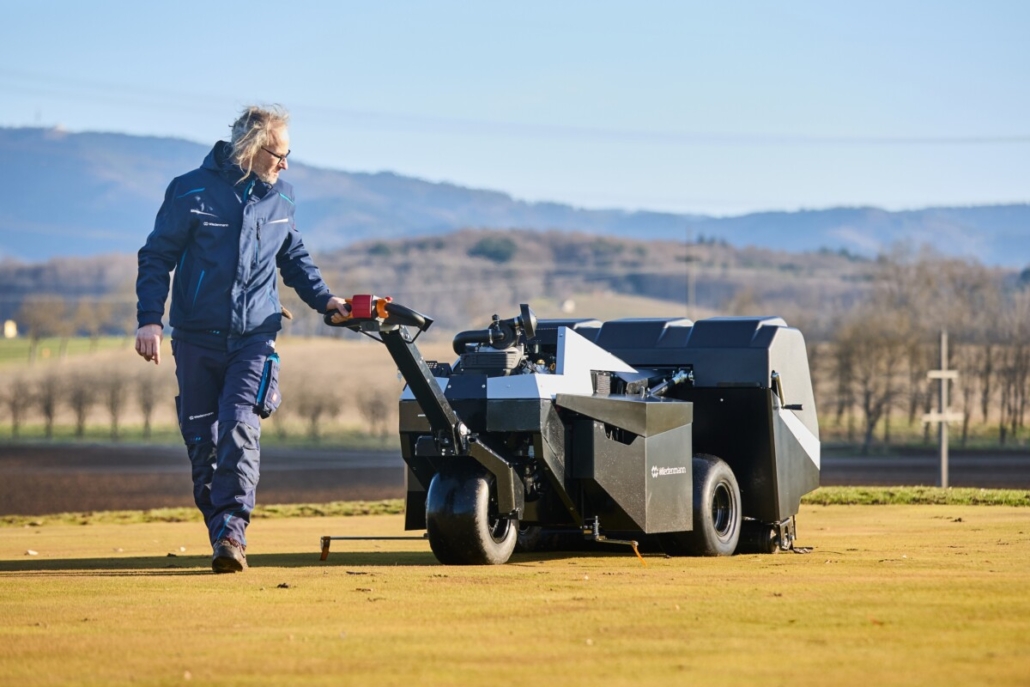
Wiedenmann unveils TERRA CORE M6
Developed based on extensive feedback from greenskeepers and daily users, the TERRA CORE M6 combines high area productivity with the precision and hole quality the Wiedenmann brand is known for. The machine is designed for straightforward, robust operation, and service-friendly maintenance.
“The TERRA CORE M6 delivers smooth running and consistent performance with a working width of 52 inches at a working speed of more than 2.5 mph, as well as an aeration depth of 6 inches. It is equipped with two interchangeable tanks to support long working days with fewer interruptions and enhanced on-site productivity“ says Michael Rueter, CEO of Wiedenmann Group
Production of the TERRA CORE M6 is scheduled to start at the end of the first quarter so that the first units will be ready for use in time for the peak season. For the product launch, the aerator will be available in a limited “First Edition” of 30 units in an elegant matte black finish. Customers who order one of the 30 “First Edition” units will receive a 15% discount.
The release of the TERRA CORE M6 also deepens the strategic partnership between Wiedenmann Group and John Deereestablished in 2025 as the two brands share a joint vision: to build a ‘one-stop-shop-product-portfolio‘ for every greenskeeper that does not want to compromise on quality, reliability, precision and excellent customer service. The TERRA CORE M6 is expanding the product portfolio available to professional customers in the golf and turf segment. Interested customers can reach out to their local John Deere golf and turf dealer to make an appointment for a product presentation and/or a quotation.
For the latest industry news visit turfmatters.co.uk/news
Get all of the big headlines, pictures, opinions and videos on stories that matter to you.
Follow us on Twitter and Instagram for fun, fresh and engaging content.
You can also find us on Facebook for more of your must-see news, features, videos and pictures from Turf Matters

